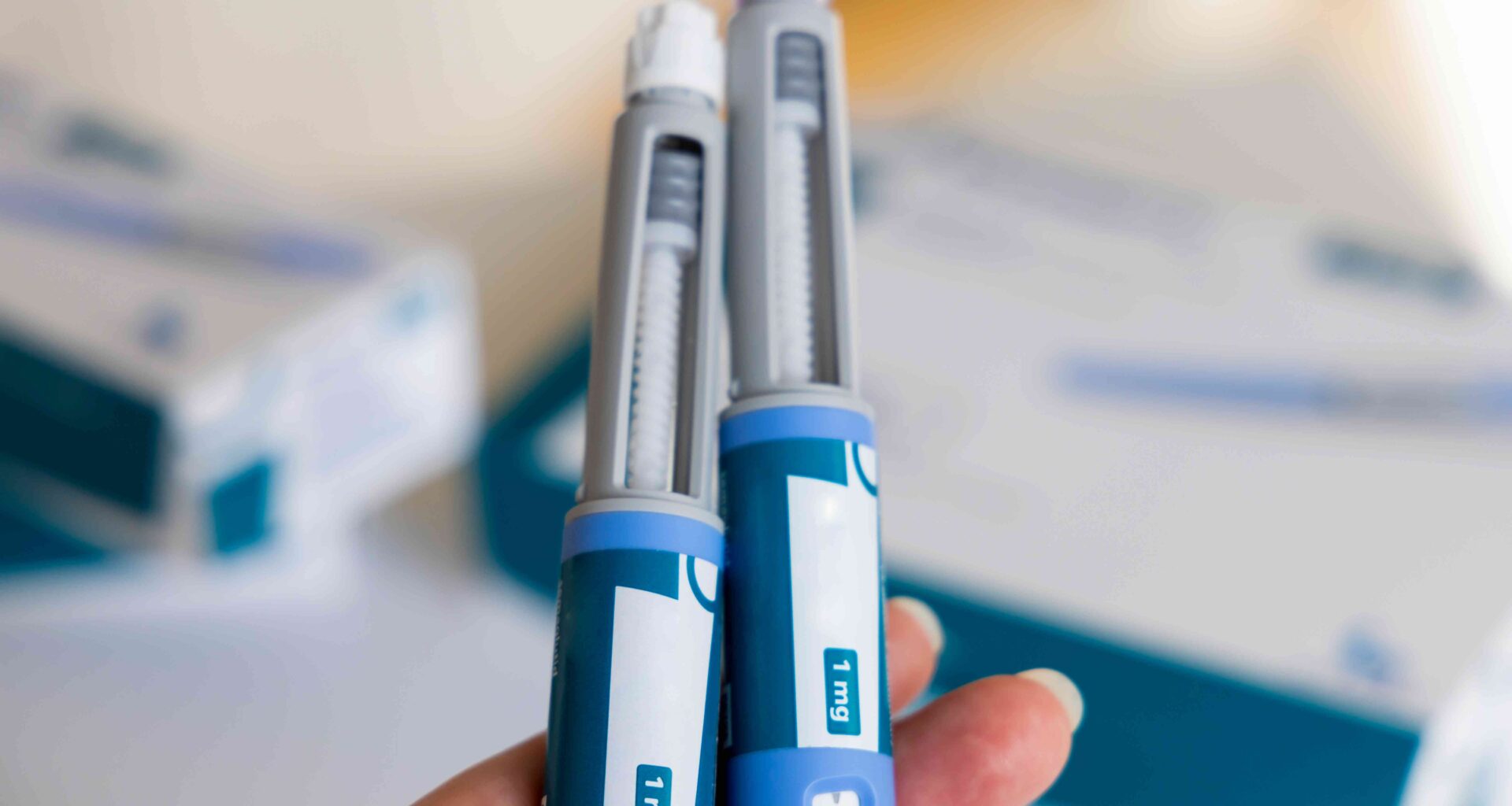Access to weight loss drugs remains costly for many Americans. Ozempic and Wegovy can exceed $1,000 monthly.
Whether your insurance company will cover a GLP-1 medication depends on a number of (sometimes complicated) factors.
“Insurance coverage is tricky and often difficult to navigate,” said Beverly Tchang, MD, endocrinologist and assistant professor of clinical medicine at Weill Cornell Medicine, and obesity medicine advisor at Ro. “Even some providers choose to not prescribe GLP-1s to patients without diabetes because they assume it won’t be covered.”
Turning to compounded versions of Ozempic, Mounjaro, or other GLP-1s is a common workaround.
When a popular drug is in short supply, the Food and Drug Administration (FDA) allows some pharmacies to create compounded versions of the medication. These medications are similar to the licensed versions, but they are not FDA-approved and, as such, come with risks.
“I’m wary of compounding because of the quality control around the compounding pharmacies not being at the same level as the quality control of approved drugs,” Harith Rajagopalan, MD, PhD, a cardiologist, obesity researcher, and CEO of therapeutics company Fractyl Health, told Health. “How does one know what level of purity and quality you’re getting?”
Compounded medications can vary from batch to batch, Rajagopalan explained. And the FDA itself has issued a statement warning the public about the dangers of taking compounded GLP-1s.
Still, semaglutide, tirzepatide, and other GLP-1 ingredients are so efficacious that many people have decided taking a compounded version is worth the risk. But when going this route, it’s important to involve your doctor.
“Have a risk [and] benefit discussion with your provider, and if you decide to pursue it, be sure to choose a trusted pharmacy,” Tchang told Health.
Specifically, you should make sure the compounding pharmacy you choose is accredited by the Pharmacy Compounding Accreditation Board (PCAB), she explained.
It’s also crucial to maintain an open conversation with your provider after you start taking a compounded medication, Sharon Giese, MD, a board-certified plastic surgeon based in New York, told Health.
“An ongoing relationship with a healthcare provider is really going to help you out,” Giese said. Your provider can help you assess whether any side effects you’re experiencing are normal and whether the dose you’re taking is working for you.
Though they’re popular, compounded GLP-1s aren’t the only option.
“Even if [a person’s] insurance plan does not cover GLP-1 receptor agonist medications for treatment of obesity, individuals who qualify for these medications can still obtain FDA-approved versions,” Rhodes explained.
Those who are interested in taking Wegovy can buy a one-month supply of the drug for $650 via a savings coupon from Novo Nordisk, the pharmaceutical company that sells the medication, she added. This, however, is a short-term solution since the savings coupon only applies toward one month of the drug.
Eli Lilly, the manufacturer company of Zepbound, offers a lower-cost version of the drug through a program in which consumers pay the company directly, rather than buying the medication at a pharmacy.
“The cost for a one-month supply of the lowest dose, 2.5 milligrams, is $399; a one-month supply of the 5-milligram dose is $549; and all other doses cost $650 per month,” Rhodes said.
Currently, only one GLP-1 drug is sold as a generic. In June, drug manufacturer Teva announced it would start selling an authorized generic of Victoza, its popular type 2 diabetes drug. Purchasing generic liraglutide—the active ingredient in both Victoza and its weight-loss counterpart Saxeda—may be a slightly cheaper option.
Ultimately, these prices are still out of reach for many Americans, experts said.
There are some risks that come with compounded medications in general, but purchasing any GLP-1 from an unaccredited pharmacy or other unverified platform is especially dangerous.
There’s no way to ensure the safety of products bought off sites such as TikTok, despite what the seller says.
“You know nothing about the sterility or effectiveness [of the product], so you’re essentially experimenting,” Giese warned.
It’s also dangerous to take a medication that wasn’t prescribed for you. This is always the case, but it’s especially true for GLP-1s since these medications come in a wide range of dosages. In other words, trying someone else’s weight loss drug could lead to serious consequences.
“Individuals should never take a medication that was not prescribed for them by a medical provider who is aware of their medical history,” Rhodes explained. “Individuals who take medications without a prescription written for them run the risk of having significant side effects or drug-drug interactions that could potentially be life-threatening.”
